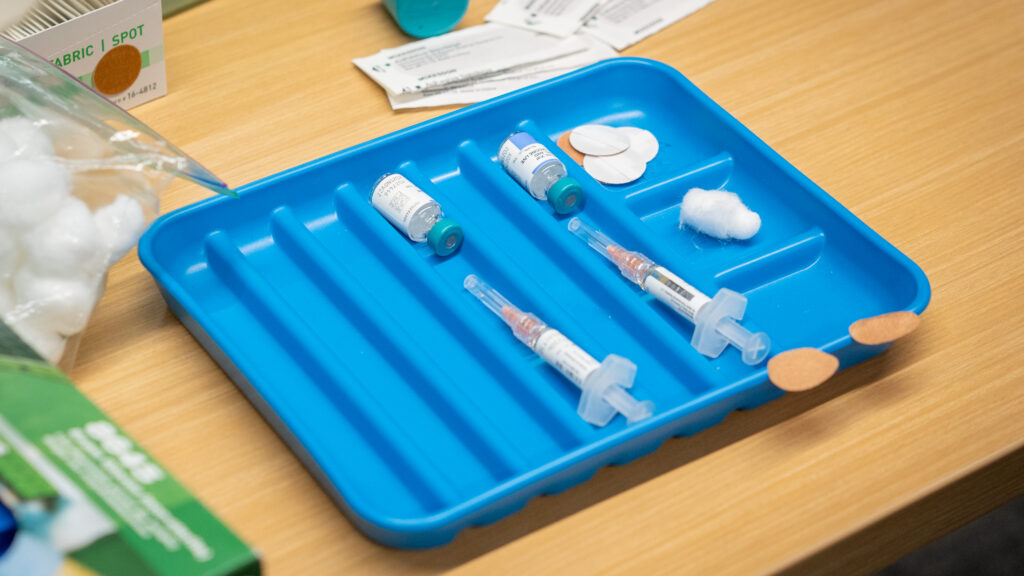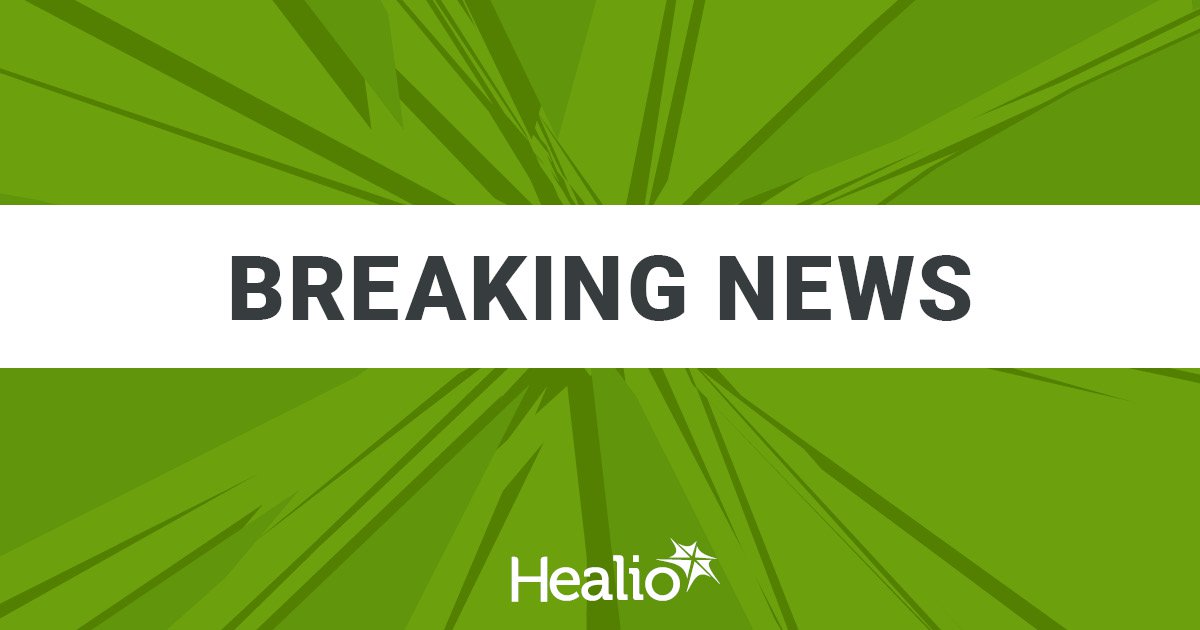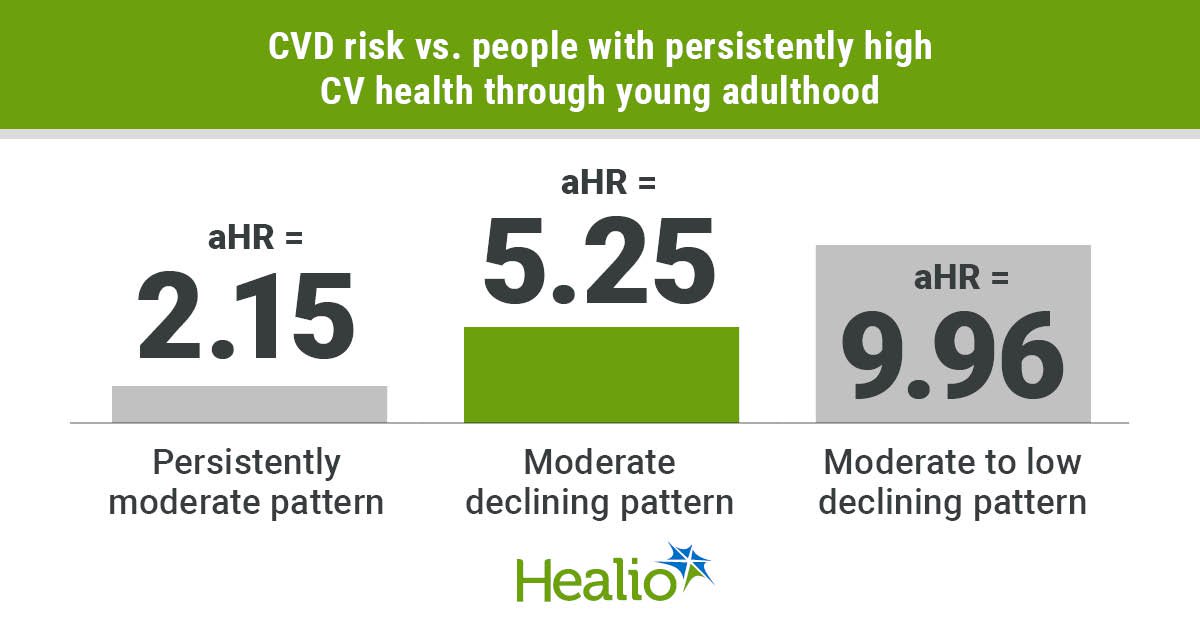October 02, 2025
2 min read
Key takeaways:
- As of Sept. 28, there have been 64 cases and 42 deaths associated with the outbreak.
- Women account for more than 57% of cases and deaths.
Transmission has slowed in the ongoing Ebola virus outbreak in the Democratic Republic of the Congo, health officials reported.
The Democratic Republic of the Congo (DRC) declared its first Ebola virus outbreak in more than 3 years — and 16th overall — on Sept. 4. It has grown to include 64 cases — 53 confirmed and 11 probable — and 42 deaths in the Bulape health zone in Kasai province.

Data derived from WHO.
Seven of the cases were reported between Sept. 21 and Sept. 28, a sign of “notable decline” in transmission, according to WHO. During this same period, seven deaths were reported among newly identified and previously hospitalized cases.
Although officials previously raised concern about cross-border spillover into Angola, the latest information shows that the outbreak remains confined to six of the 21 health areas in Bulape.
An Africa CDC official previously said that because of the remoteness of Kasai province, the immediate risk for spread is to other areas within the province and to Angola, not other countries.
Additional data shared by WHO showed that women account for more than half of the cases (57.8%) and deaths (57.1%) reported so far. Cases range in age from newborns to people aged 65 years.
The overall case fatality ratio for the outbreak to date is 65.6%, but officials said this is decreasing due in part to improved surveillance and “prompt and high-quality treatment.”
According to WHO, the DRC has a stockpile of treatments and 2,000 doses of a highly effective Ebola vaccine (Ervebo, Merck) that was originally tested during the West African Ebola epidemic and has been deployed to help stop numerous outbreaks since then.
Vaccination efforts began on Sept. 14. Health officials used 400 doses of the country’s stockpile to vaccinate frontline health workers, infected patients and high-risk contacts through ring vaccination.
The DRC is expected to receive an additional 45,000 vaccine doses from The International Coordinating Group on Vaccine Provision.









